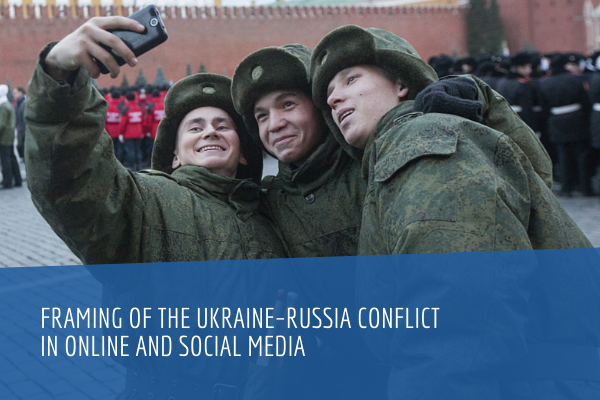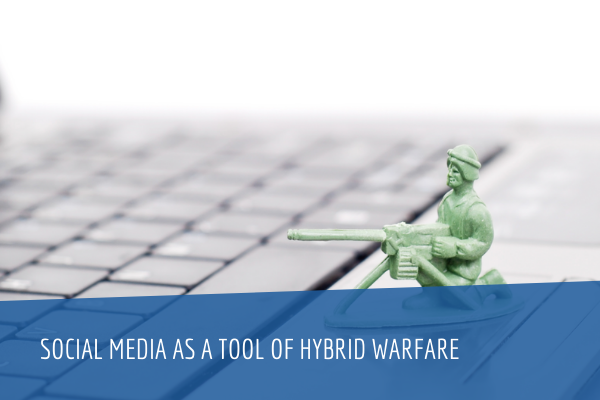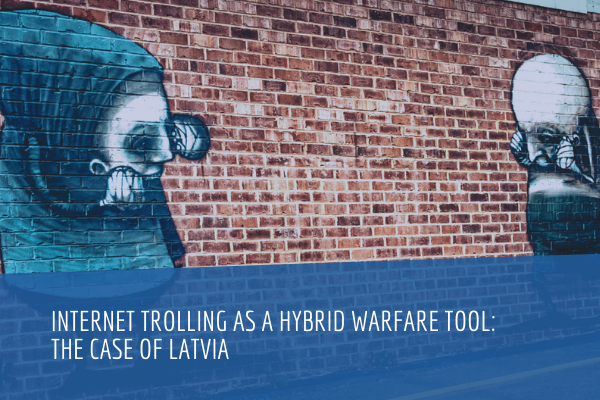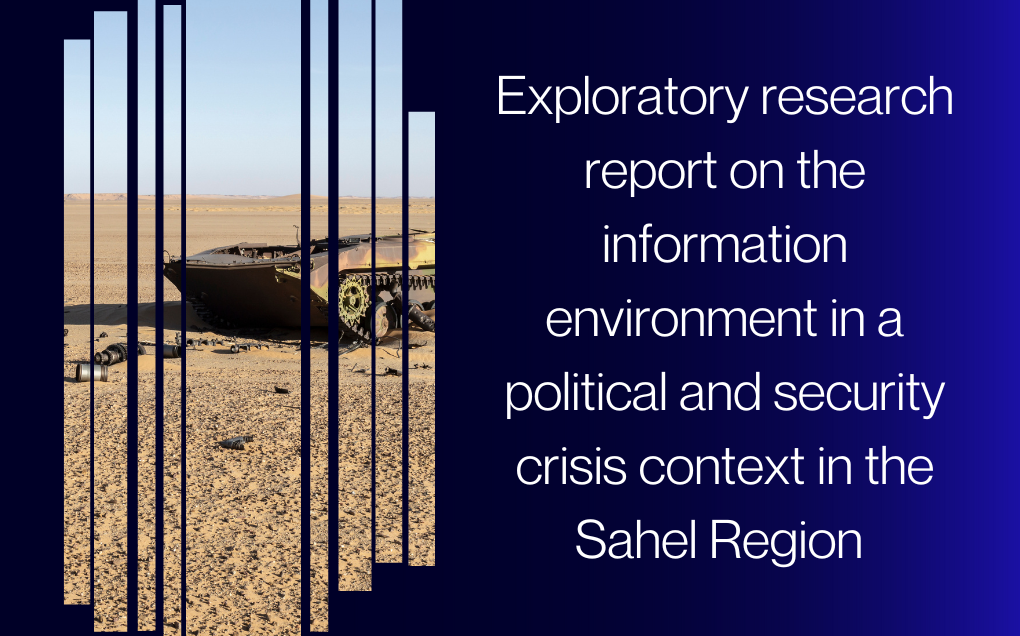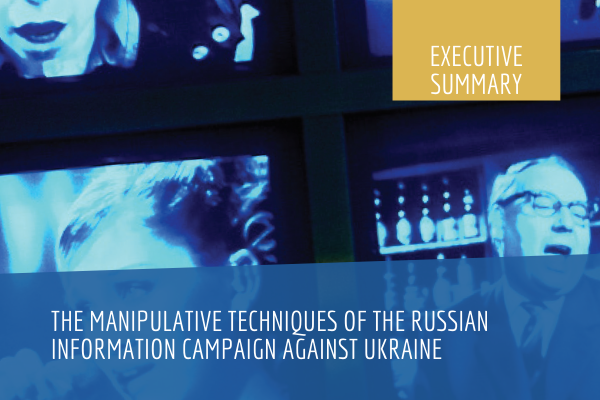This paper focuses on Russia’s strategies in Africa.
The first ever Russia-Africa summit, co-hosted in October 2019 by Russian President Vladimir Putin and Egyptian President Abdel Fattah Al-Sisi in Sochi, was presented by both Russian and international media as a milestone in Russia’s return to the African continent. Leaders and delegations of the vast majority of African states met with Russian President Vladimir Putin, Foreign Minister Sergey Lavrov, and other Russian representatives to discuss possible projects of cooperation between their respective countries. The summit ranked among the largest of recent Africa-partner summits (EU-Africa, China-Africa, US-Africa, and Japan-Africa). For example, Russia was able to welcome more state delegations than the US at their summit. The declared initiatives of cooperation appeared impressive, ranging from nuclear energy, oil and gas, to automobile production and financial loans for various fields. This meeting sparked numerous claims by both Western and Russian media that Russia is a key player in the region. There are plans for organizing another summit in 2022.
Nevertheless, contemporary Russia’s role in Africa cannot be compared to that of the former Soviet Union. Indeed, the situation has changed dramatically. Russia is a minor player in Africa compared to other powers, such as the US, China, India and several EU countries. Russia also faces competition from other important global players, such as Brazil and Turkey, as well as emerging regional actors, such as Nigeria and South Africa.
In addition to this new reality of competition between external actors, the continent underwent and is undergoing important internal changes. First and foremost, African countries are increasingly becoming the subjects of international politics and are poised to play a more significant role in world politics in the future. Secondly, the African middle class is growing. After several years of economic growth, it is estimated that the population of the African middle class swelled to between 170 million and 300 million people, and is expected to grow even further. As a result, the middle class is increasing its political demands, as they occupy a larger share of political decision-making through elections and civil control.3 Recent popular uprisings in Sudan or Zimbabwe are evidence of this. Russia, traditionally supporting ‘stability’ in the form of local dictators, suffered reputational losses in these countries. Although there are tendencies toward authoritarianism in some countries, such as Tanzania, Guinea, and Burkina Faso, the general trend indicates that political participation among African populations is increasing.
This paper consists of three parts:
- Based on open sources, first part analyzes Russia’s goals and how the country attempts to reach them in four main fields: diplomacy, political communication, the military, and the economy. This analysis addresses two main questions – what Russia’s policies are and what implications they may have on the region. The paper discusses the whole of Africa, while simultaneously acknowledging the broad nature of the topic and the political, cultural, and economic differences between individual African countries. Two cases of particular interest, Mali and the Central African Republic, are analyzed in greater detail, revealing the complexity of Russian strategy in specific countries. Based on these findings, the paper concludes with recommendations for addressing Russian interference in Africa.
- Second chapter analyses Kremlin-sponsored media narratives published in the context of five ongoing peacekeeping and counter-insurgency missions in Africa - United Nations Multidimensional Integrated Stabilization Mission in Central Africa (MINUSCA), the European Union Training Mission in the Central African Republic (EUTM RCA), the United Nations Multidimensional Integrated Stabilization Mission in Mali (MINUSMA), the European Union Training mission in Mali (EUTM Mali) and Operation Barkhane. A total of 561 articles were sampled from Kremlin-sponsored online news websites RT France and Sputnik France. These two outlets were selected due to their status as “key public diplomacy tools” of the Russian government, their popularity in France, which is one of the major troop contributing countries in the Sahel, as well as their popularity in some of the countries that host peacekeeping missions (Mali and the Central African Republic). The study followed a general inductive approach for qualitative data analysis, during which narratives were manually detected.
- Third chapter is based on social media analysis of pro-Russian content on Facebook pages, Facebook profiles, Facebook groups, Telegram channels, Telegram profiles, Twitter feeds, and websites. Working with a programmer, all posts from several Facebook pages with pro-Russian narratives were scraped. CrowdTangle was used to discover other Facebook pages and groups sharing similar material. The study followed a general inductive approach for qualitative data analysis, during which narratives were manually detected.
Watch related #StratComTalks about Russia's activities in Africas information environment.

